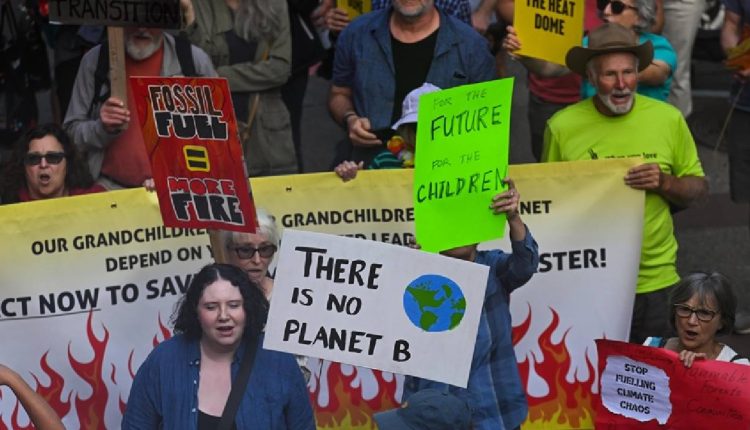Scientists warned that the lack of a clear commitment to end fossil fuels at Cop28 is a serious threat to the planet and a missed opportunity to address the climate emergency.
It’s a “tragedy for the planet and our future,” as they called it, while another described it as the “dream outcome” for the fossil fuel sector.
The UN climate summit concluded on Wednesday, December 13, with a negotiated agreement that advocated for a “transition away” from fossil fuels.
A more assertive term, “phase-out,” had the support of 130 out of the 198 countries involved in the negotiations in Dubai but was obstructed by oil-rich nations, including Saudi Arabia.
The agreement was celebrated as a historic event as it was the first time fossil fuels, the main cause of the climate crisis, were mentioned in 30 years of climate discussions. However, scientists pointed out that the deal had numerous loopholes and did not adequately address the urgency of the situation.
“The lack of an agreement to phase out fossil fuels was devastating,” according to Prof. Michael Mann, a climatologist and geophysicist at the University of Pennsylvania in the US.
“To ‘transition away from fossil fuels’ was weak tea at best. It’s like promising your doctor that you will ‘transition away from doughnuts’ after being diagnosed with diabetes.” Mann continued.
An editorial in Nature expressed that the inability to phase out was “more than a missed opportunity,” it was a “dangerous” oversight.
It contradicted the fundamental objectives of the 2015 Paris climate agreement, which aimed to limit global warming to 1.5 °C (2.7 °F) above pre-industrial levels.
Sir David King, the chair of the Climate Crisis Advisory Group and a former UK chief scientific adviser, said that there was a significant gap between the severe assertion of the necessary emissions reductions and the suggested measures to achieve these cuts.
“The Cop28 text recognises there is a need for ‘deep, rapid, and sustained reductions in greenhouse gas emissions’ to stay in line with 1.5C. But then it lists a whole bunch of efforts that don’t have a chance of achieving that,” he added.
Dr. Friederike Otto, a climatologist at Imperial College London, expressed that unless we eliminate the use of fossil fuels, the world will progressively become riskier, costlier, and more unpredictable.


